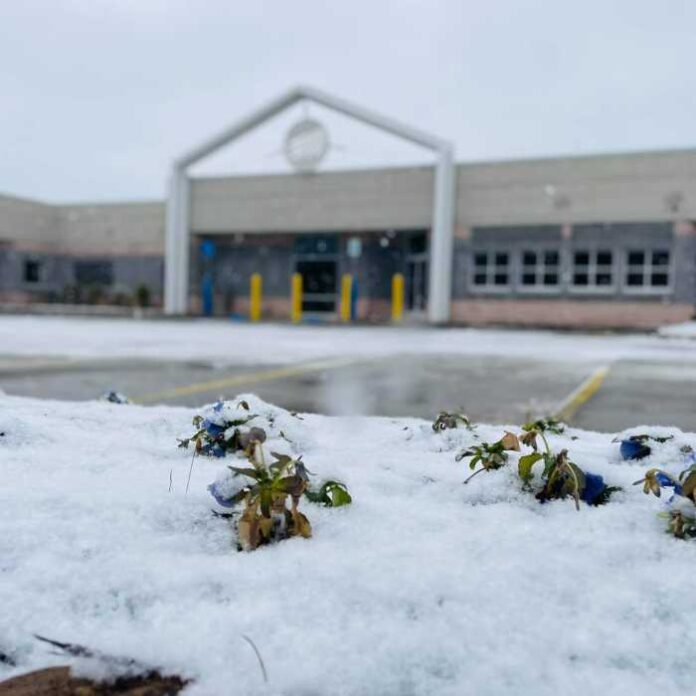CULLMAN, Ala. – Cullman Electric Cooperative together with the Tennessee Valley Authority are monitoring the extreme cold weather entering the region and its impact on the regional power supply.
“We expect temperatures next week will be the coldest so far this season,” Cullman Electric’s CEO Tim Culpepper said Friday, Jan. 12. “We do not anticipate TVA will have any issues with power supply, but our staff has reviewed and is ready to implement our emergency plans if any issues come up. We appreciate all the work being done by TVA and the National Weather Service to keep us informed and provide the latest information necessary to make plans.”
The National Weather Service forecast calls for freezing temperatures across north Alabama from Monday afternoon through Wednesday afternoon, with wind chill values below zero during the overnight hours on Monday night and again on Tuesday. The forecast also indicates an increasing possibility of snow for the Cullman Electric service area on Monday.
“Anytime we experience a period of extreme cold, it significantly increases the demand for electricity,” said Brian Lacy, Cullman Electric’s vice president of member engagement and communications. “We expect TVA will ask everyone to take voluntary steps to reduce non-essential electricity. These simple actions can go a long way to help ensure TVA has adequate reserve power supply.”
Here are some quick and easy ways to make an impact and save you money:
- Lower your thermostat a few degrees from your normal setting to a temperature that is both comfortable and safe.
- Set your ceiling fan to spin clockwise, which pushes warm air down.
- Wear additional layers and bundle up to stay warm.
- Turn off everything when you leave a room.
- Open window coverings on the sunny side of your home. Close them overnight to retain that heat.
- Delay using washing machines, dryers, dishwashers and other large appliances until the warmest part of the day when overall heating demand is lower.




















